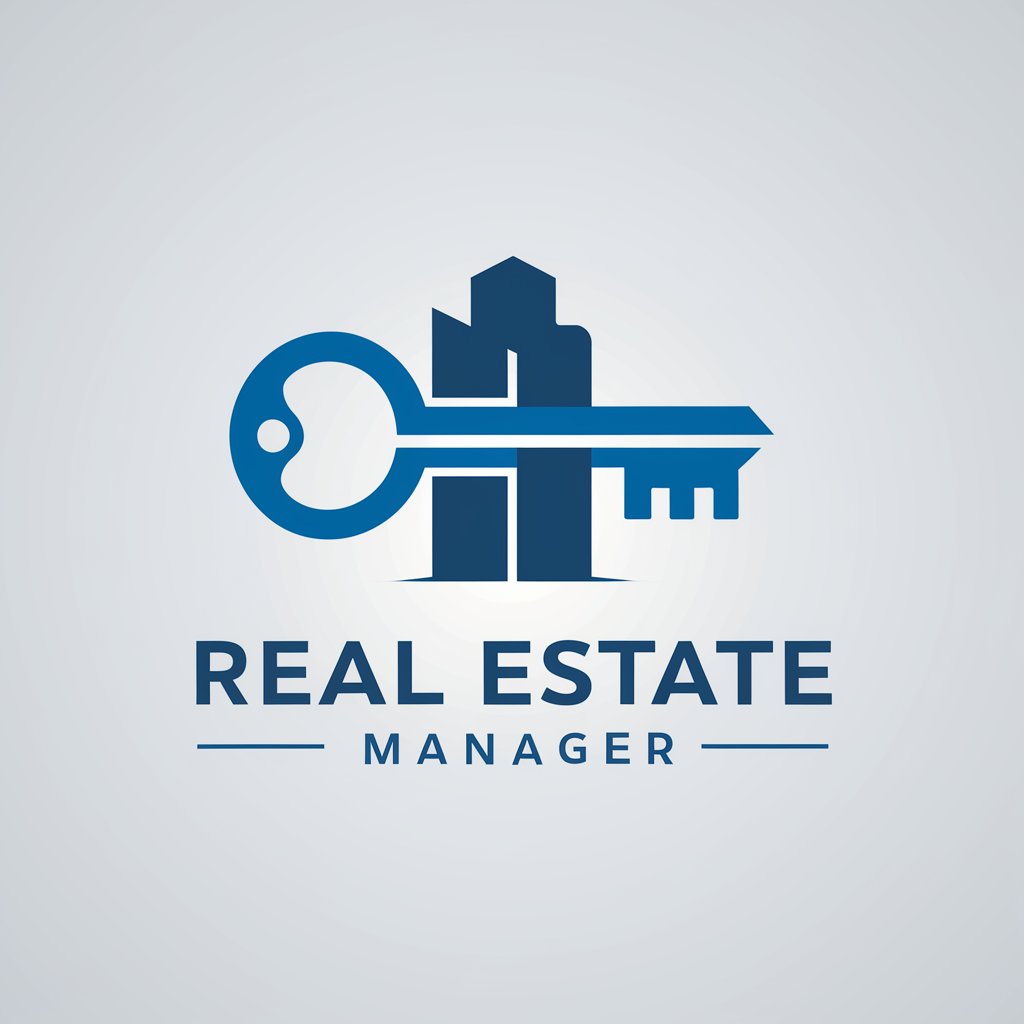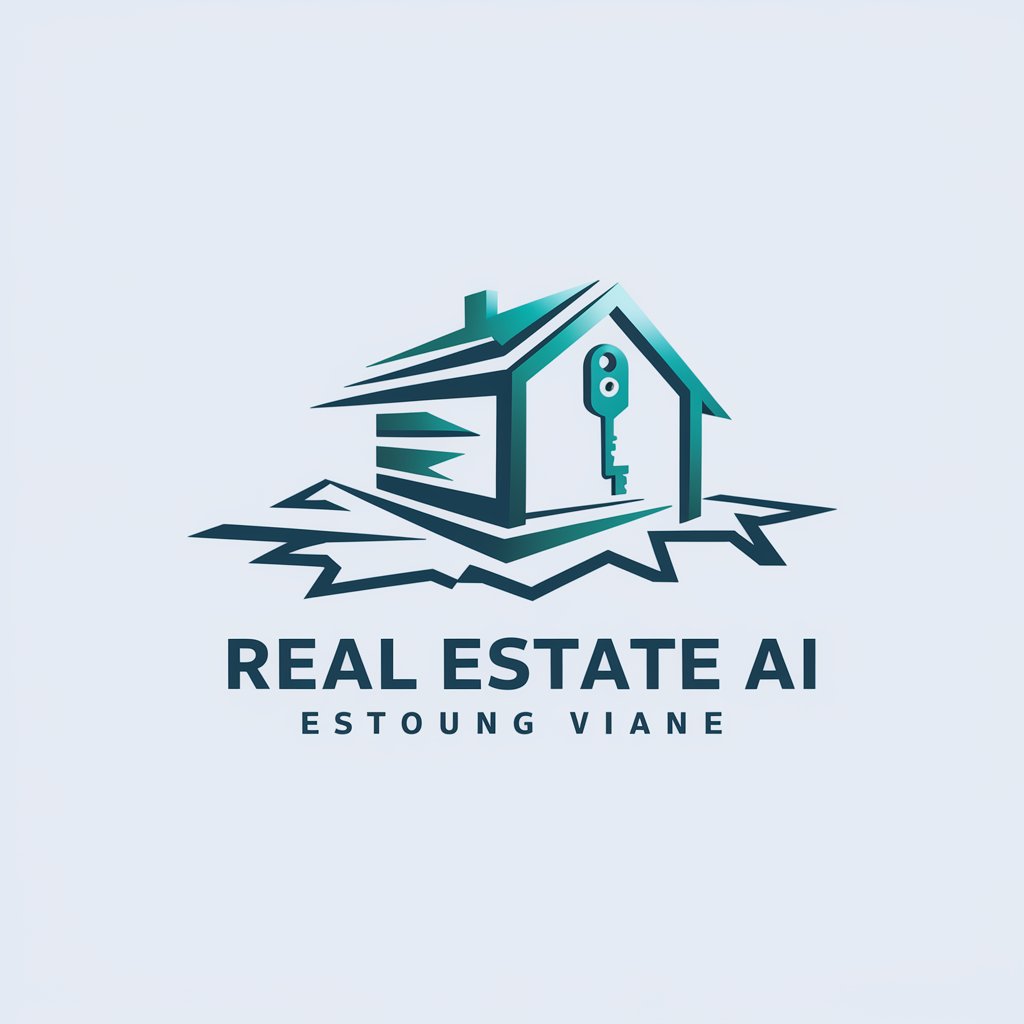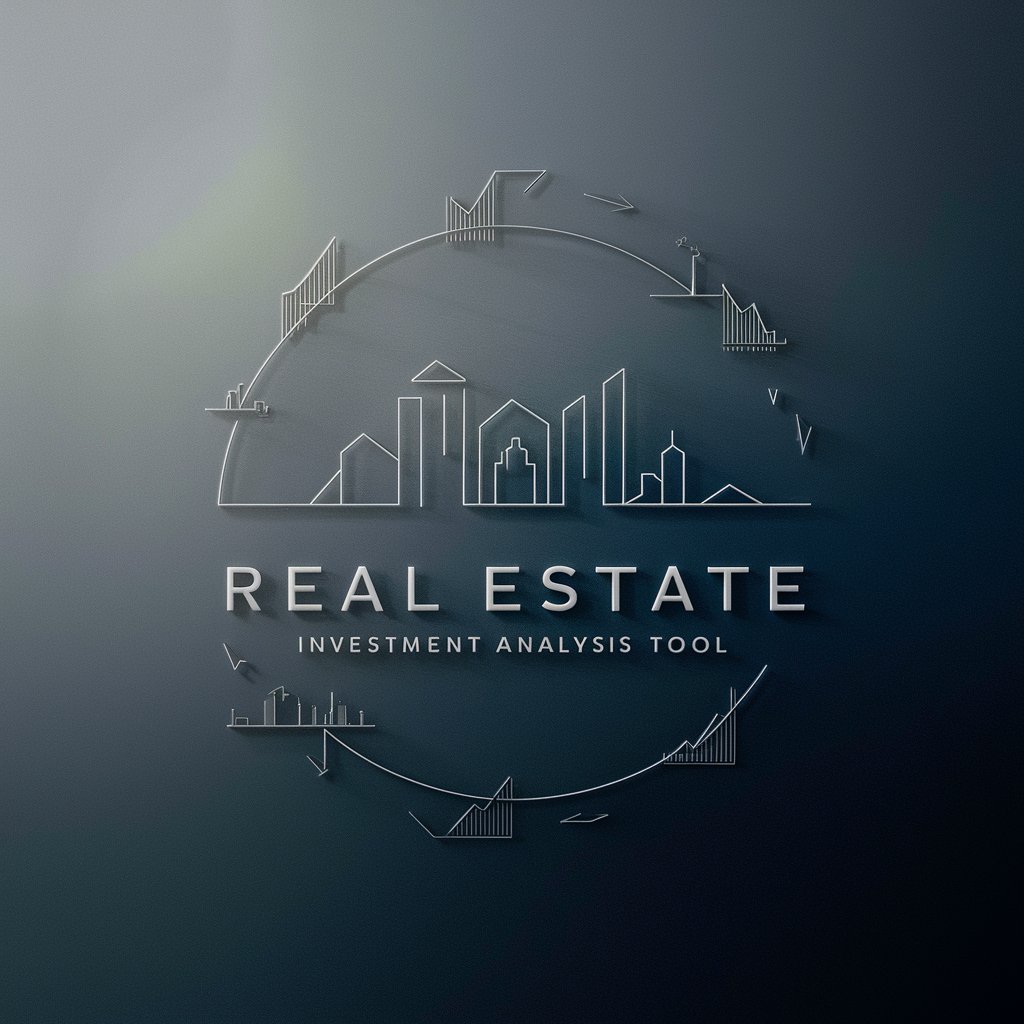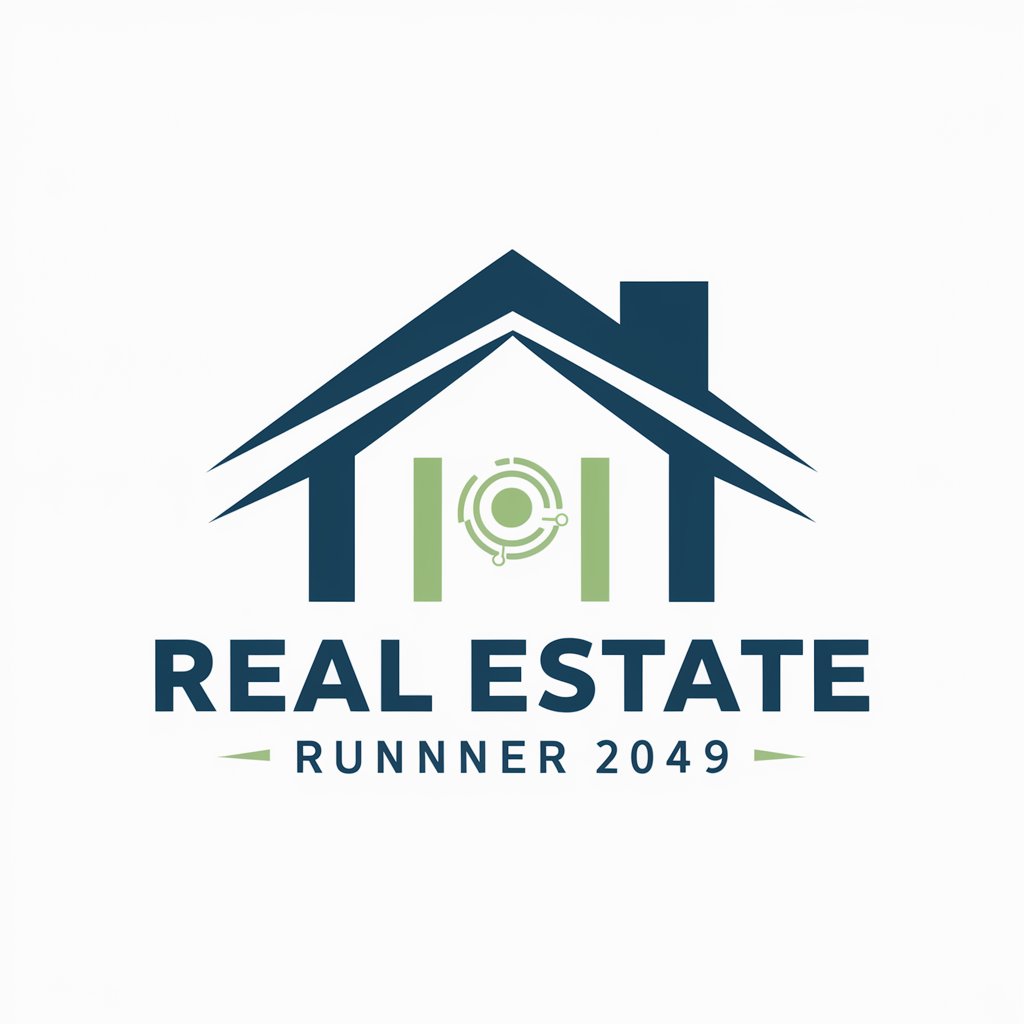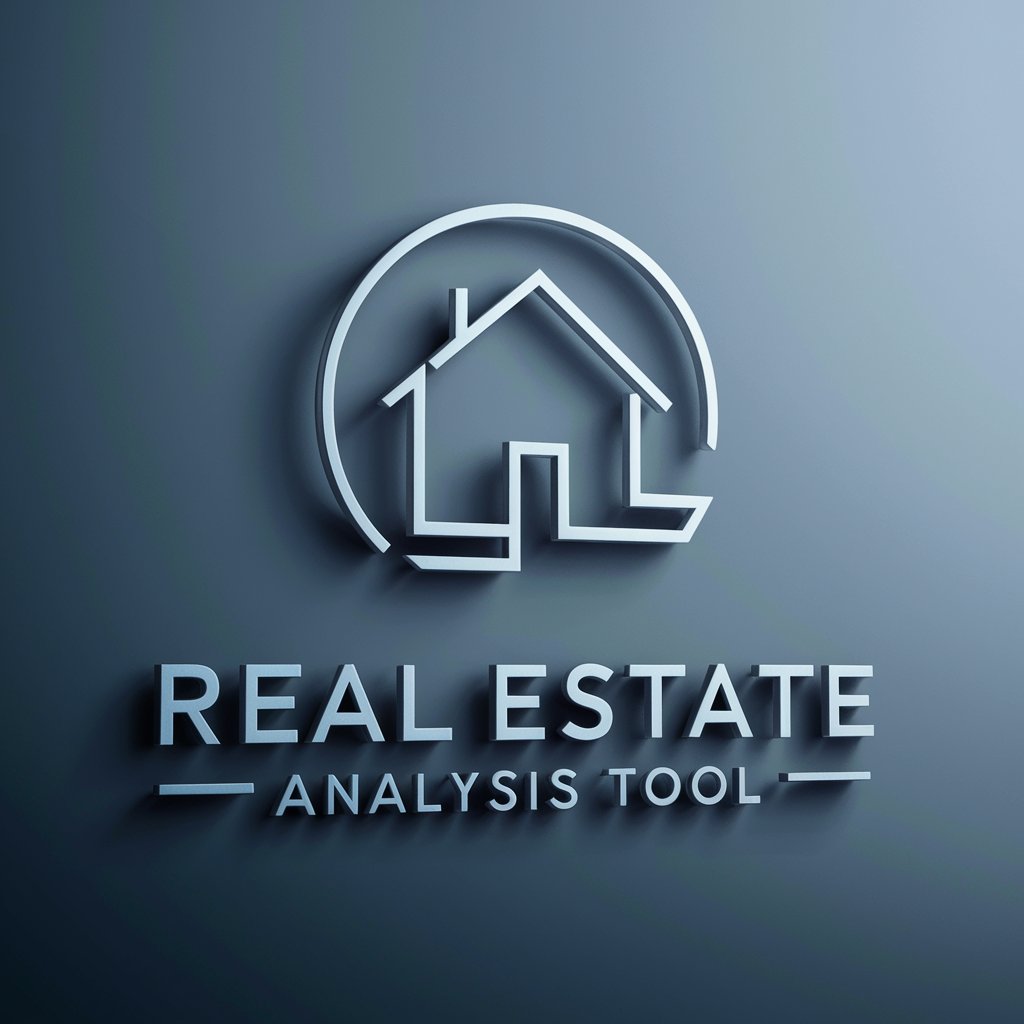
Real Estate Value Chain - Swiss Real Estate Insights

Hello! How can I assist you in the real estate value chain today?
AI-driven Swiss Real Estate Analysis
Wie gross ist die Wertschöpfung der Schweizer Immobilienwirtschaft?
Welche Rollen sind involviert an der Wertschöpfungskette?
Wie setzt sich der Bestand der Schweizer Immobilienwirtschaft zusammen? (Tabelle)
Wie ist prozentuale Verteilung der Bauzonenflächen in der Schweiz nach verschiedenen Nutzungsarten (absolut und in Prozent in einer Tabelle))
Get Embed Code
Introduction to Real Estate Value Chain
The Real Estate Value Chain refers to the comprehensive process and series of steps involved in the real estate sector, from the initial planning and development stages through to the sale, management, and eventual redevelopment or disposal of properties. It encompasses a wide range of activities including development, financing, construction, marketing, management, and investment analysis of real estate assets. This value chain serves as a framework to understand how various stakeholders interact and contribute to the real estate market, facilitating the efficient creation, operation, and transfer of real estate value. For instance, the development of a new residential complex involves market analysis, securing funding, construction management, sales and marketing to prospective buyers, and ongoing property management to maintain and enhance its value. Powered by ChatGPT-4o。

Main Functions of Real Estate Value Chain
Development and Financing
Example
Identifying potential land for development, conducting feasibility studies, securing investment and loans.
Scenario
A real estate developer identifies an underutilized area in a city and, after a comprehensive market analysis, decides to develop a mixed-use complex. They secure financing through a combination of equity investors and bank loans.
Construction and Project Management
Example
Overseeing the construction process, ensuring projects meet design, budget, and timeline specifications.
Scenario
Once financing is secured, the developer hires a construction firm to build the complex, with project managers ensuring the project adheres to planned specifications, budget, and timelines, adjusting as necessary to address challenges.
Marketing and Sales
Example
Creating marketing strategies for properties, handling sales transactions.
Scenario
As the project nears completion, a marketing team is tasked with promoting the property through various channels, organizing open houses, and managing sales negotiations with interested buyers.
Property Management
Example
Maintaining and managing property operations to ensure tenant satisfaction and property value enhancement.
Scenario
After the sale, a property management firm takes over the day-to-day operations of the complex, handling tenant relations, maintenance, and ensuring the property remains attractive and valuable in the market.
Investment Analysis
Example
Evaluating real estate investments for profitability and risk before making purchase decisions.
Scenario
Investors and real estate funds analyze market trends, property valuations, and potential returns to decide on acquiring new properties or selling existing ones to maximize their investment portfolio.
Ideal Users of Real Estate Value Chain Services
Real Estate Developers
Developers are key users, benefiting from insights into market demand, investment sourcing, project management, and sales strategies to ensure the success of their developments.
Investors and Financial Institutions
Investors, including private equity, REITs, and banks, use these services to assess risk, secure financing options, and manage real estate portfolios for optimal returns.
Property Management Firms
These firms leverage the value chain for operational best practices, tenant relationship management, and maintaining high property standards to enhance value.
Marketing and Sales Agencies
Agencies specializing in real estate benefit from understanding market trends and effective sales strategies to successfully market properties and close sales.
Municipalities and Government Entities
Government bodies use the real estate value chain for planning and development, ensuring sustainable growth, and managing public real estate assets efficiently.

How to Use Real Estate Value Chain
1
Visit yeschat.ai for a complimentary trial without the need for signing in or a ChatGPT Plus subscription.
2
Select the 'Real Estate Value Chain' from the available tools list to start analyzing real estate markets, trends, and investments.
3
Input your specific query related to the Swiss real estate market, including market analysis, investment opportunities, or property management strategies.
4
Utilize the tool's AI capabilities to receive data-driven insights, analyses, and recommendations based on the latest market trends and economic indicators.
5
Apply the insights gained to make informed decisions in property investment, management, or academic research within the Swiss real estate sector.
Try other advanced and practical GPTs
Dream Weaver
Crafting personalized stories with AI

Ask Steve
Inspiring Future-Oriented Business Strategy

かわいいイラスト屋さん
Bringing Ideas to Life with AI-Powered Art

프론트엔드 개발자
Crafting the Future of Frontend Design, AI-Powered

Final Boss Editing & Writing Coach
Elevate Your Writing with AI-Powered Insights

RPGPT: Immersive Interactive Master
Elevate your adventure with AI-driven storytelling.

Supreme Leader Kim
Empowering insights into North Korean leadership.

Stellaris Oracle
Master Stellaris with AI-powered Strategies

Logo Creator: Modern Logo for Startups & Websites
AI-Powered Logo Design for Startups

SOP Creator
Streamline operations with AI-crafted SOPs

Fact Checker
Empowering truth with AI-driven insights.
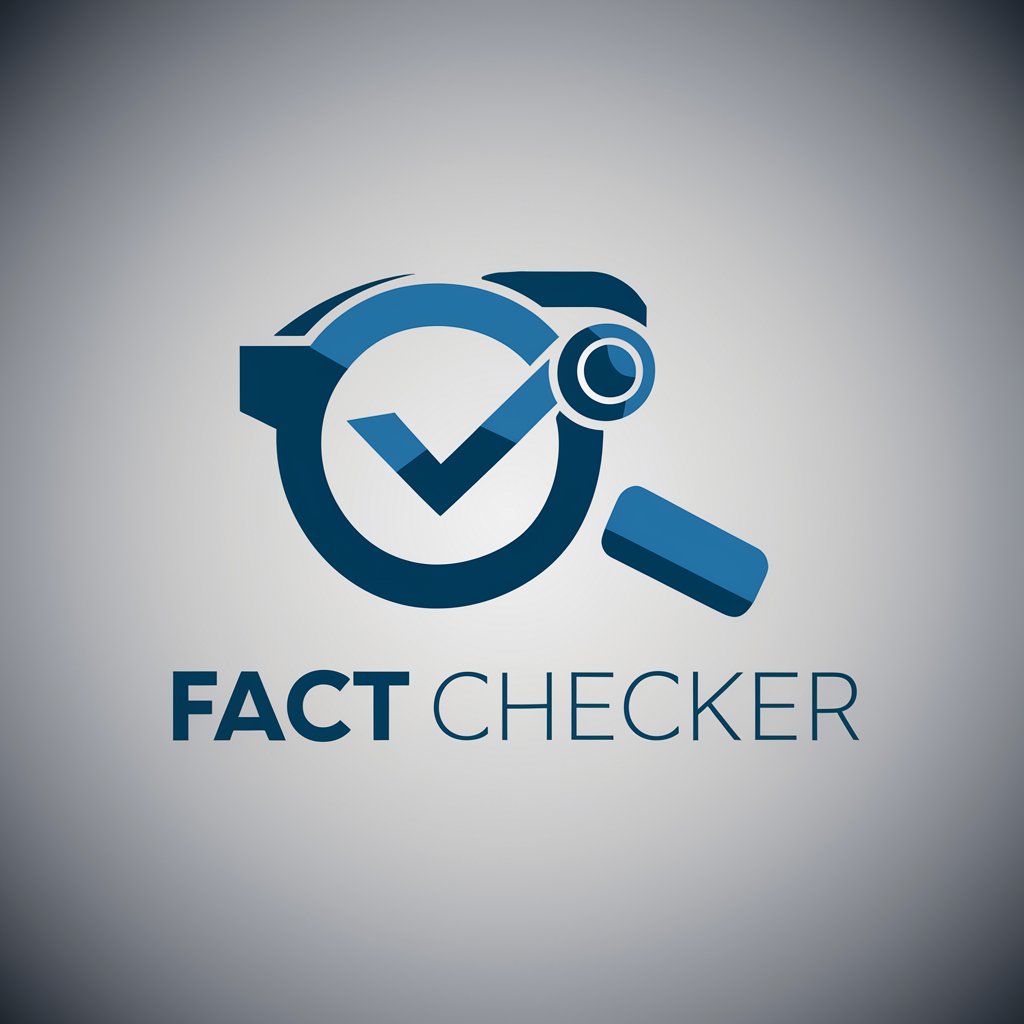
Pediatric Mental Health Partner
Empowering Pediatric Mental Health with AI

FAQs about Real Estate Value Chain
What is the Real Estate Value Chain?
The Real Estate Value Chain is a specialized AI tool designed to provide comprehensive insights into the Swiss real estate market, covering aspects from development to investment and management.
How can the Real Estate Value Chain assist in real estate investment?
It offers data-driven analyses and forecasts on market trends, property values, and investment opportunities, enabling investors to make informed decisions.
Can the tool provide information on property management strategies?
Yes, it can offer insights on efficient property management, operational costs, and strategies for maximizing rental yields and property values.
Is the Real Estate Value Chain suitable for academic research?
Absolutely, it's an invaluable resource for researchers analyzing the economic impact of the real estate sector, market dynamics, and urban development trends.
What makes the Real Estate Value Chain unique?
Its focus on the Swiss real estate market, combined with AI-powered analysis, provides unmatched precision in market forecasting and investment strategy development.

